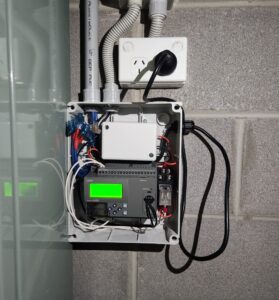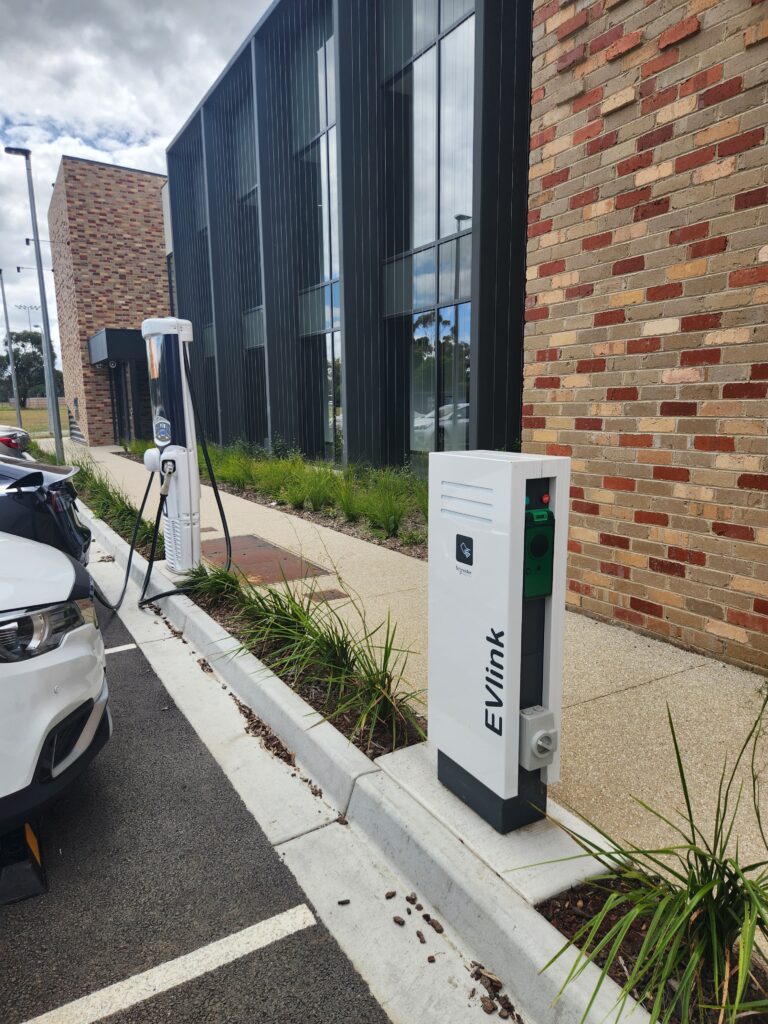EV Charger Compatibility and Efficiency

August 30, 2023
Welcome to this blog post, where we delve into the crucial topic of compatibility issues encountered during the installation of EV chargers. As electric vehicles continue to increase in apartment blocks, office buildings, warehouses, and depots, it becomes imperative to address the challenges associated with integrating chargers from different manufacturers. We will explore the significance of open protocols in enabling seamless communication among charging stations and their pivotal role in establishing smart load management systems (LMS) and Building Management Systems (BMS) for real-time monitoring and control.
The Role of Open Protocols in EV Charger Communication: Presently, open protocols such as Open Charge Point Protocol (OCPP), OCPI, and MODBUS facilitate communication among EV chargers, enabling a myriad of functionalities. OCPP allows charging stations to communicate with the management dashboard, facilitating authentication for charging and payment methods. On the other hand, the OCPI protocol enables the roaming of EV charging services, akin to how mobile phone users can seamlessly switch between different networks. With OCPI, EV drivers access charging stations from various providers through a single app or membership cards. Lastly, the MODBUS protocol fosters communication between building consumption and chargers, seamlessly integrating with existing BMS to monitor and control chargers through a unified tool. This integration plays a pivotal role in managing and distributing load efficiently among chargers.
The Challenge of Manufacturer-Specific Hardware: Despite the availability of open protocols, manufacturers often choose specific hardware compatible only with their equipment. This practice creates complications and reliance on particular brands, hindering interoperability and limiting the flexibility of EV charging infrastructure. As Australia witnesses the early stages of rapid EV charger adoption, it becomes increasingly important to implement protocols and smart load management systems that embrace multiple brands while utilising open protocols and remote access.
Learning from Experience: we quickly realised the need for compatibility and interoperability in the Australian EV charging landscape. This realisation prompted us to embark on research and development efforts to create our first prototype of a Load Management Systems (LMS) for EV Charging We started our solutions quite raw at first, but still able to deliver powerful integration.

These system empowers open communication, control, and remote monitoring of AC and DC chargers from various vendors, effectively serving as the backbone of EV charging infrastructure for medium and large-scale fleets and depots in Australia and New Zealand. By providing an additional layer of trust, our SRGC system will ensure that charging operations are always 100% operational, reliable, and seamlessly integrated into daily business operations.
The compatibility of EV chargers remains a significant challenge as the adoption of electric vehicles gains momentum in Australia. By embracing open protocols and remote access, we can mitigate compatibility issues, foster interoperability among chargers from different brands, and establish smart load management systems that efficiently distribute the charging load.
We hope you found the information provided insightful and practical. If your organisation is in the process of transitioning your whole fleet and you need reliable backbone solutions, please don’t hesitate to contact us at info@beyondev.com.au.
Electrification all the way!⚡


